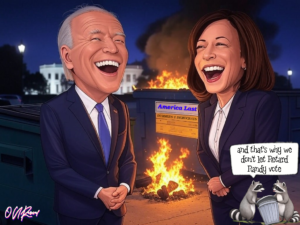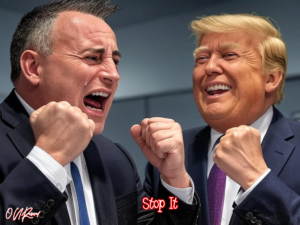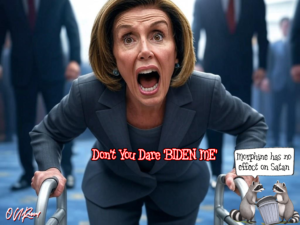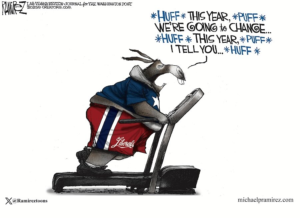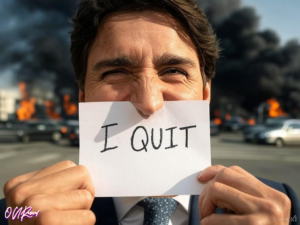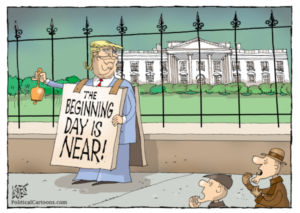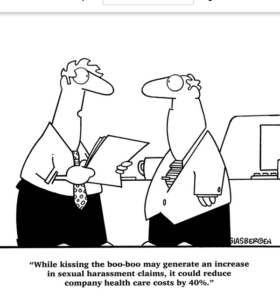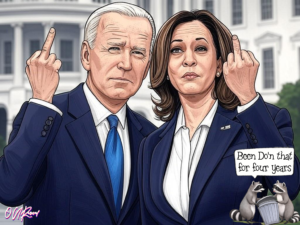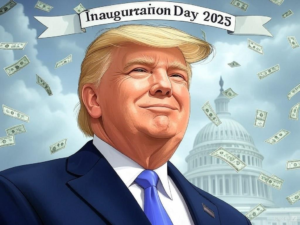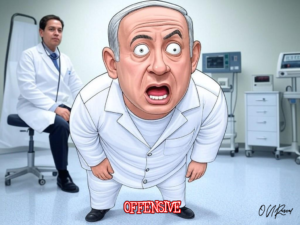EXPOSED: Kamala Harris’ Defunct Campaign STILL Draining Her Supporters Dry
In a shocking display of political grift, Kamala Harris’ failed presidential campaign continues to siphon money from unwitting donors months after her electoral defeat!
In what can only be described as a blatant act of political vampirism, Kamala Harris’s campaign, despite its abrupt end, has continued to charge donors for recurring contributions. This egregious practice has left many of her most loyal supporters feeling betrayed and financially exploited.
According to recent reports, two months after Harris bowed out of the presidential race, leaving behind a staggering $20 million debt, her joint fundraising committee with the Democratic National Committee (DNC), known as the Harris Victory Fund, has not ceased its financial demands. Donors who signed up for monthly contributions during her campaign are still seeing charges on their credit cards, much to their dismay and frustration.
This revelation comes from multiple sources, including a Politico report that highlighted the discontent among those still being billed. One Democratic operative described the practice as “silly, out of touch, and needlessly taking advantage of our most loyal supporters” ().
The situation is a stark reminder of how political campaigns can operate like grifters, exploiting the goodwill and financial trust of their supporters even after their ambitions have failed. The ongoing charges are seen not only as an administrative oversight but as a calculated move to alleviate the campaign’s debt at the expense of those who believed in Harris’s candidacy.
Supporters, who had hoped their contributions would go towards a successful campaign, are now left questioning the ethics of political fundraising in America. The practice of setting up recurring donations is common in political campaigns, but what is not common is the failure to terminate these charges once the campaign is over. This has led to a significant backlash on social media, where donors have publicly expressed their fury, feeling that their contributions are no longer supporting a cause but rather funding a financial black hole.
The Harris campaign’s failure to address this issue promptly suggests a level of negligence or, worse, an intention to continue harvesting funds under the guise of a bygone campaign. This scenario paints a picture of political opportunism, where the urgency of fundraising during an election transforms into a silent, ongoing financial burden for donors post-election.
Moreover, this situation raises questions about the oversight and accountability within political campaigns. The DNC’s involvement in this joint fundraising committee further implicates them in this debacle, highlighting potential systemic issues in how these organizations manage donor funds.
As this story unfolds, it serves as a cautionary tale for political donors everywhere. It underscores the need for greater transparency and control over how their money is used, especially when the political winds change. The Harris campaign’s continued charges are not just a clerical error; they are a glimpse into the dark underbelly of campaign finance where the line between fundraising and grifting becomes disturbingly thin.
In the end, this incident might just be the tip of the iceberg, revealing how easily the political system can exploit the dedication of its supporters. For those who backed Kamala Harris, the dream of a progressive future has turned into a recurring financial nightmare, orchestrated by those they trusted with their donations.
Remember, in politics, as in life, there’s no such thing as a free lunch, especially when your credit card is on the line.


